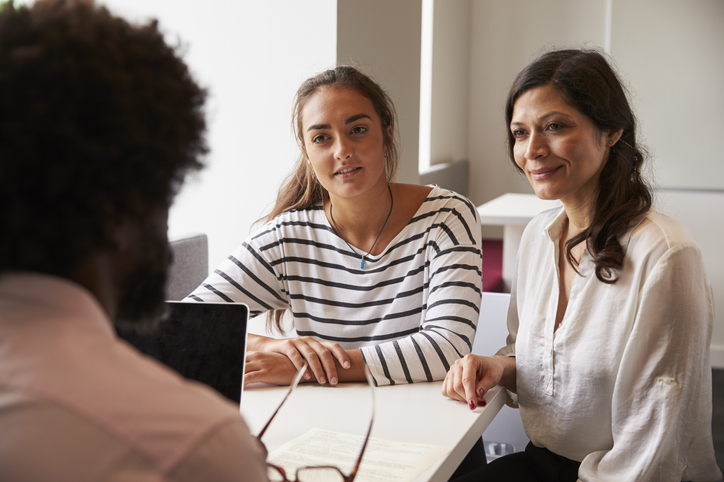How to create the right relationships
Counsellors need to empower students and parents to make informed decisions about university admissions. Sharing our knowledge allows us to work together as a community

Counsellors need to empower students, parents and the wider community to make informed decisions about university admissions. There is an art to this.
Remember that it’s not just about the journey – it’s about the connections you make along the way. Sharing our knowledge and experiences makes us a community, and together we can make this journey memorable.
1. Empowering students
Encourage self-discovery – ask students questions, such as: “What dreams and goals do you carry in your heart?” I like to display quotations that encourage students to think about the future.
It’s not just about picking a destination – it’s about charting a meaningful journey. Encourage students to explore various paths. I provide them with inspirational examples of successful students, as well as sample templates and resources for university applications.
Keep a journal of your conversations with students – so you can capture their journey in words and it helps you track their growth.
Make your interactions more personal – write notes after sessions, which is a way to stay connected and set realistic goals for the next meeting.
Why not create a digital space for students to chat and share ideas across different grades? It can function as an online community of support. I have created a Telegram channel where I share all important information. I use the Edupage platform to chat with students.
Let’s guide students in exploring their interests. Think of yourself as their tour guide to the world of careers, using resources and videos.
2. Empowering parents
It’s all about building trust. Start by involving parents early, and make sure everyone is on the same page in terms of expectations. I start from Grade 9 – we bring together students and parents and talk to them about the counselling service.
Remember that parents are just as nervous as students. A little empathy goes a long way in addressing their concerns and fears.
Host a practice university admissions night for parents, giving them a sneak peek into the process – a backstage pass into the world of admissions. Junior year can be overwhelming, so holding a meeting to help parents start with an open mind helps to set the right tone for this adventure.
Consistency and accuracy matter, so keep parents well informed with reliable data to balance the influx of online information. Sharing videos and financial aid details makes it easy for parents to access essential information.
3. Empowering faculty and staff
Share your work with faculty and staff, and invite college representatives for recommendation-writing workshops.
Twice a month, we hold teachers’ meetings with topics related to the academic elements of counselling, At the start of each academic year, you can share your previous year’s results and draw up new goals for the forthcoming year.
Sharing websites, blogs and resources with your colleagues is like passing around a treasure trove of knowledge.
4. Empowering school leadership
Working with school leadership is like performing a symphony. It’s about harmonising messages and providing regular updates to keep everyone in tune.
5. Empowering alumni
Alumni panels and mentorship programmes are like homecomings. They connect former students with current students. Don’t forget to listen to your alumni through surveys or alumni association emails.
6. Leveraging community resources
Don’t work in isolation – connect with regional groups and college representatives for a shared learning experience. We’ve created a chat group for counsellors in Astana, where we can direct questions and share information. We try to gather once a term for masterclasses from experienced colleagues.
Build strong relationships with independent educational consultants and consultants in other schools. If you – like me – are the only counsellor in your school, it can sometimes be difficult to support all students to the best of your ability. Connecting with other counsellors can help you build a community and have a network to work with.



